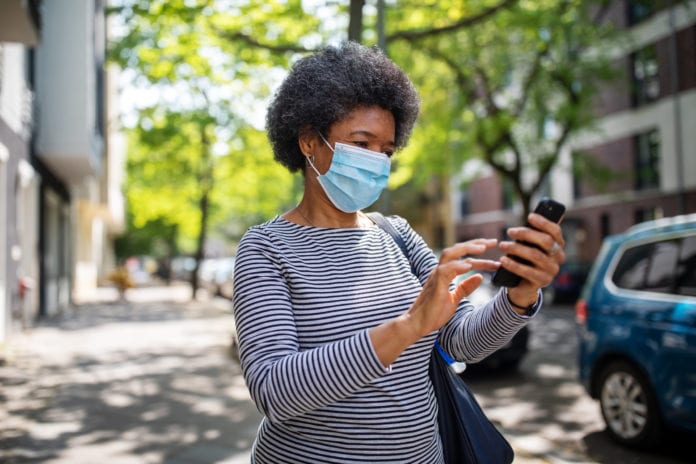Who Needs a Flu Shot?
Everyone’s at risk of being infected with the influenza virus and can spread it to others. That’s why the CDC recommends that everyone 6 months and older get vaccinated against it every year, even if you’ve never had the flu.
If you have a less-developed or compromised immune system, a yearly vaccination is especially important (even critical). Not only are you more likely to get the flu, your body will have a harder time fighting it off or enduring the symptoms should you be infected with the virus. The flu can hit people hard, turn to pneumonia, and cause other medical issues.
Flu shots are recommended for almost everyone 6 months and older, but are especially important for:
- Adults age 65 and over
- Kids age 6 months to 5 years
- People with long-term health conditions (asthma, high blood pressure, diabetes, heart or lung disease, HIV, cancer, and more)
- Transplant recipients
- Pregnant women
Even the healthiest of people should be vaccinated. If you aren’t convinced you need to protect yourself, consider the need to protect your family, friends, co-workers—even strangers. Some professionals, such as health care personnel, early education childcare workers, and school personnel, are even required to be vaccinated in order to be employed. Should you get the flu, everyone around you is at risk and some won’t be as equipped to fight off the virus as you are.
What’s In the Flu Vaccine?
Many people fear that getting a flu shot can actually give them the flu, and some claim to have actually contracted the virus from the vaccination itself. But it simply isn’t possible—the flu vaccine is made of dead flu viruses. Since they’re dead, you can’t catch the flu from them. The flu vaccination can, however, cause side effects like headache, nausea, fever and muscle ache. Since these side effects mimic flu symptoms, people often mistake them for having the flu. But when you have the flu, you’ll know it—your symptoms will be much more severe and longer-lasting.
These dead viruses teach our bodies what the flu looks like—so it learns, over time, to fight the illness. This is a process and can take up to 2 weeks for your body to be able to fight it. So, timing your flu shot is important.
When we talk about the flu vaccine, we usually refer to it as “the flu shot.” But in reality, it is also available as a nasal spray, although there is some concern that it isn’t as effective as the shot. Also, if you’re considered high risk for the flu, there is also a high-dosage version of the flu shot available. This offers stronger protection and is usually recommended for those age 65 and older.
What Other Vaccines Should You Get?
You may also want to consider other vaccines for similar respiratory viruses. The CDC recommends everyone age 6 months and older get an updated COVID-19 vaccine and those at high risk get the respiratory syncytial virus (RSV) vaccine.
If you have questions, talk with your doctor about the vaccines you should get this year and when. And if you do get sick, talk with your doctor about effective treatments that can reduce your risk of severe illness or hospitalization.
Visit our Flu Season page for more information, including answers to FAQs.




